The Inspiring Legacy of John Adams
John Adams lost the Presidential election of 1800 to Thomas Jefferson after a bitter fight. Adams was terribly disappointed as he felt he deserved another term, but he accepted the verdict of the Electoral College.
Adams used his final months in office trying to improve the operations of the federal court system including the Supreme Court. Consequently, the President’s Federalist party which controlled Congress passed the Judiciary Act of 1801.
More importantly, President Adams named Secretary of State John Marshall as Chief Justice of the Supreme Court, a position Marshall held until his death 1835. Marshall was the longest serving Chief Justice in our nation’s history and, during his tenure, established the judiciary as an independent and co-equal branch of government, alongside Congress and the President.
At 4:00a.m. on March 5, 1801, John Adams left the recently completed President’s Mansion (now known as the White House) which due to construction delays had only been occupied by Adams for four months. He chose not to attend Thomas Jefferson’s swearing in ceremony, one of six Presidents (John Adams, John Quincy Adams, Martin Van Buren, Andrew Johnson, Richard Nixon, Donald Trump) who did not attend their successor’s inauguration.
He returned home to Peacefield, his farm in Quincy, Massachusetts, where Abigail was anxiously awaiting him. At the age of 65, President Adams, who was at the center of the Revolutionary hurricane for the past twenty-five years, was ready for a rest. He spent his time tilling the land and he stayed out of public political squabbles.
In 1812, Adams rekindled his friendship with Thomas Jefferson. He had not corresponded with or spoken to his former Revolutionary compatriot for twelve years. Benjamin Rush, a good friend of both men, mentioned to Adams that he might want to open a dialogue again before it was too late.
Adams agreed and sent a letter to Jefferson who quickly responded. The two former Revolutionary leaders continued their engaging correspondence for the rest of their lives. This collection of 158 letters (109 by Adams and 59 by Jefferson) between our 2nd and 3rd Presidents is a real treasure to America.
Interestingly, these two men, joined in life on so many matters, died on the same day, July 4, 1826, our nation’s 50th birthday. While Jefferson became one of the best-known Founding Fathers, John Adams faded somewhat into obscurity, and that seems odd considering Adams’ numerous accomplishments and his sacrifices for America.
From 1775 to 1800, Adams devoted his life to serving the country he loved. He once famously stated, “Sink or swim, live or die, survive or perish, I am with my country.” His record proves him out.
In 1775, Delegate John Adams dominated the Second Continental Congress and largely was responsible for getting our Declaration of Independence unanimously approved. He also nominated George Washington for Commander of our new Continental Army, ushering that indispensable man onto the national stage where Washington became a man for the ages.
In 1782, when our nation was bankrupt and needing funds to survive, Ambassador John Adams obtained a large loan from Dutch bankers to keep our floundering government afloat.
In 1783, Commissioner John Adams, along with John Jay, secured very favorable terms and recognition of our independence from the British in the Treaty of Paris, officially ending the American Revolution.
In 1785, Ambassador John Adams became our nation’s first representative to King George’s ministry, the Court of St. James, and tried to heal the wounds from the recently ended conflict.
In 1789, when the United States began its new Constitutional government, he became Vice President John Adams, a role he helped create and shape for the others that came after him.
In 1797, when President Washington, left the public arena for the final time, Adams became President John Adams, the leader of our nation.
When John Adams was a young man, his goal was to achieve “honour or reputation” and become a “great man’. By all accounts, John Adams had been achieved his goals.
WHY IT MATTERS
So why should John Adams’ legacy matter to us today? John Adams arguably did more to create and shape our great nation than any other Founding Father, except for the incomparable George Washington. He was a critical player in practically every major event of our nation’s formative years. His efforts made America a better place. John Adams, this incredibly gifted man who never put himself above his country, is an inspiration to us today.
SUGGESTED READING
John Adams written by David McCullough is a great book on the life of John Adams. Published in 2001, it is simply a pleasure to read and highly recommended.
PLACES TO VISIT
The Adams National Historical Park in Quincy, Massachusetts is dedicated to telling and preserving the story of this great American family. The Adams clan produced two Presidents (John and his son John Quincy), an envoy to Great Britain (John Quincy’s son Charles Francis), and a Pulitzer Prize winning author (Charles Francis’ son Henry).
Until next time, may your motto be “Ducit Amor Patriae”, Love of country leads me.

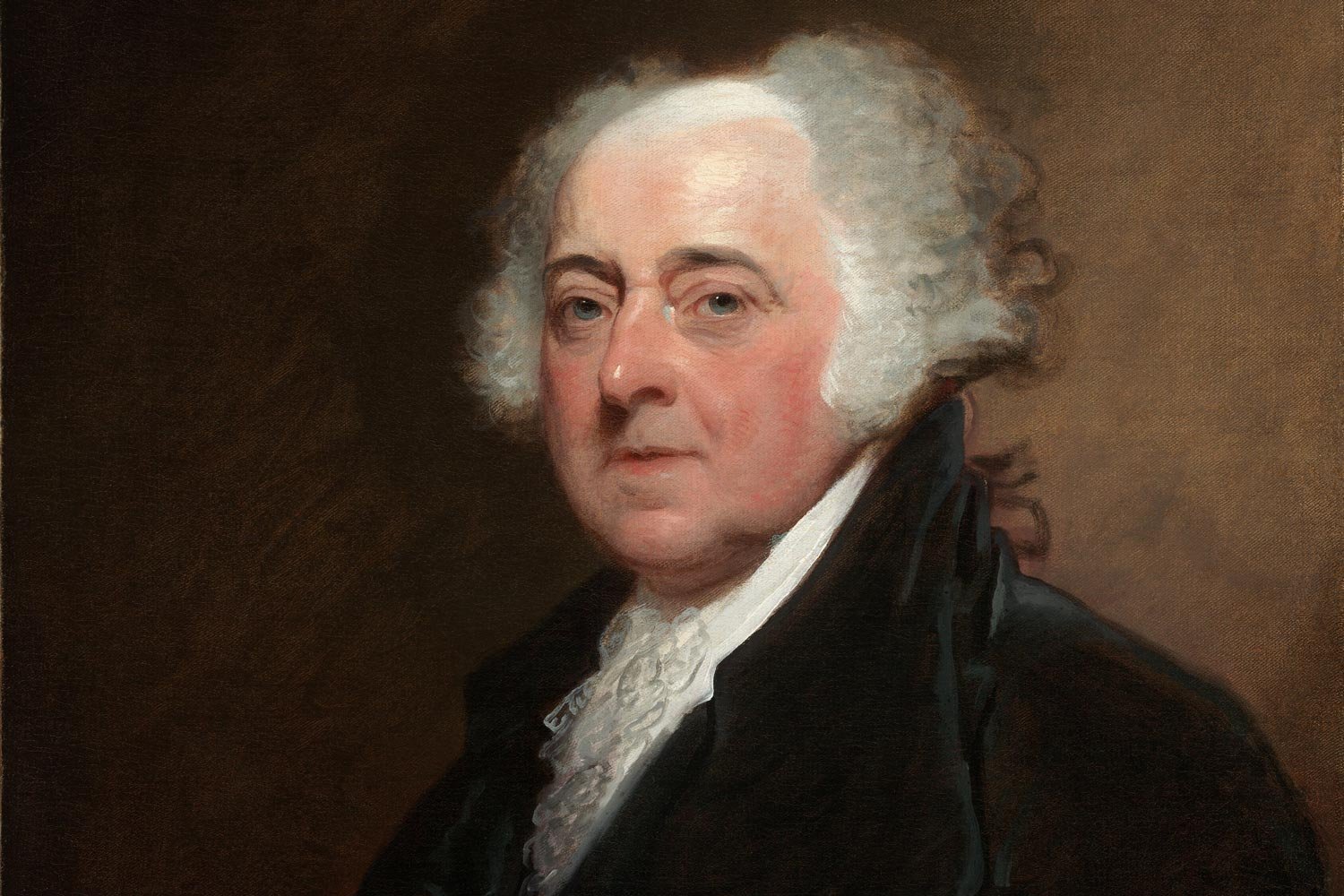
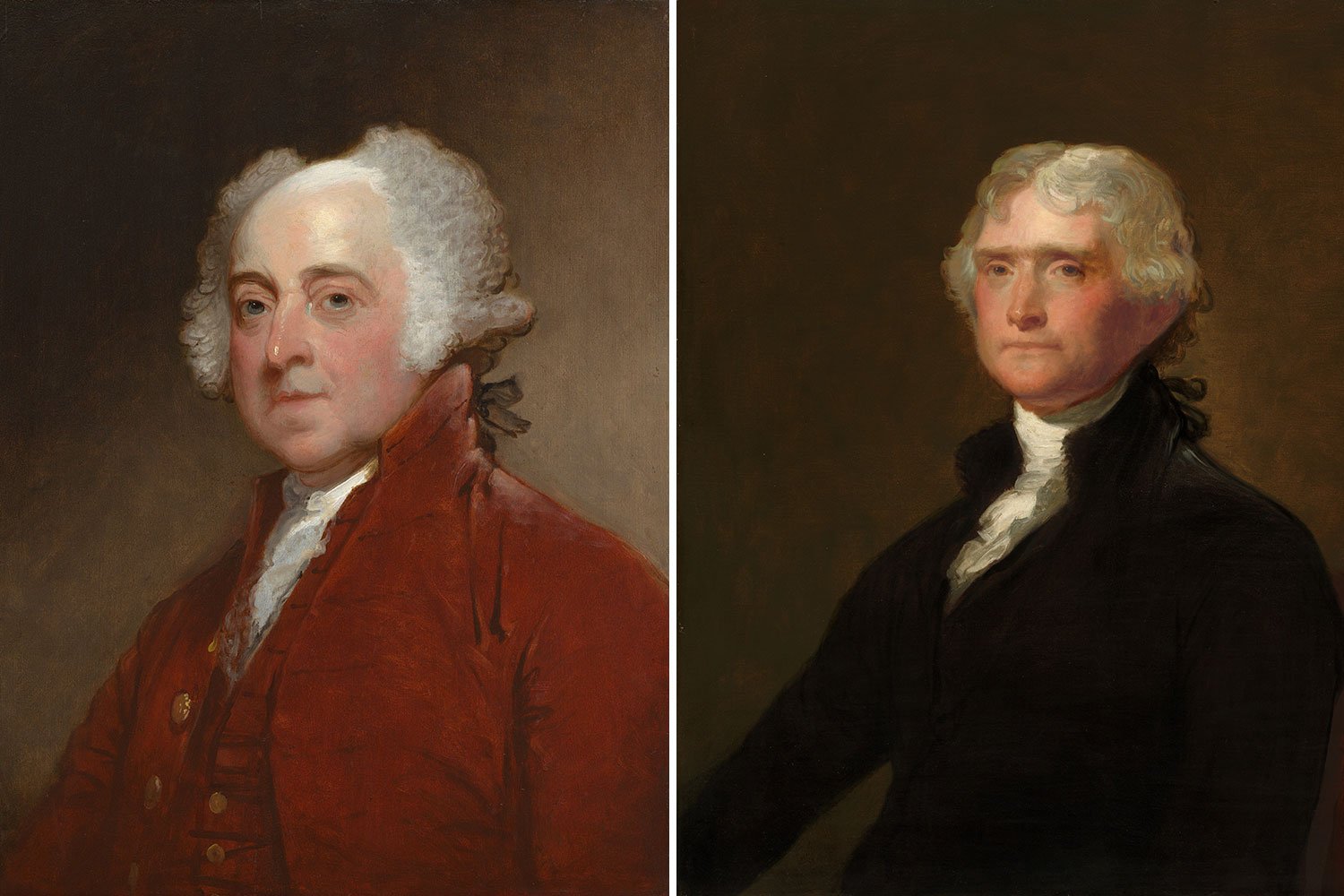
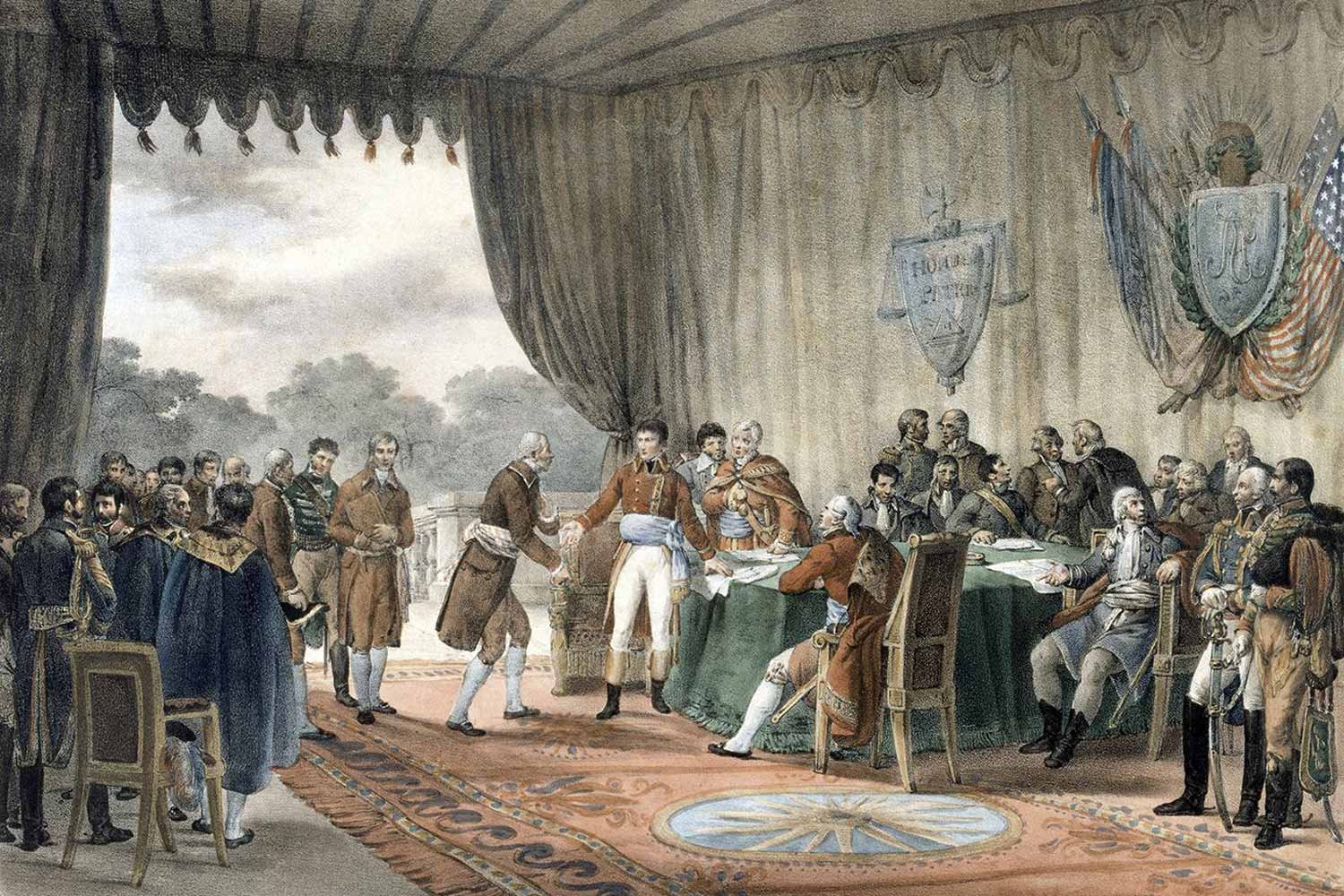
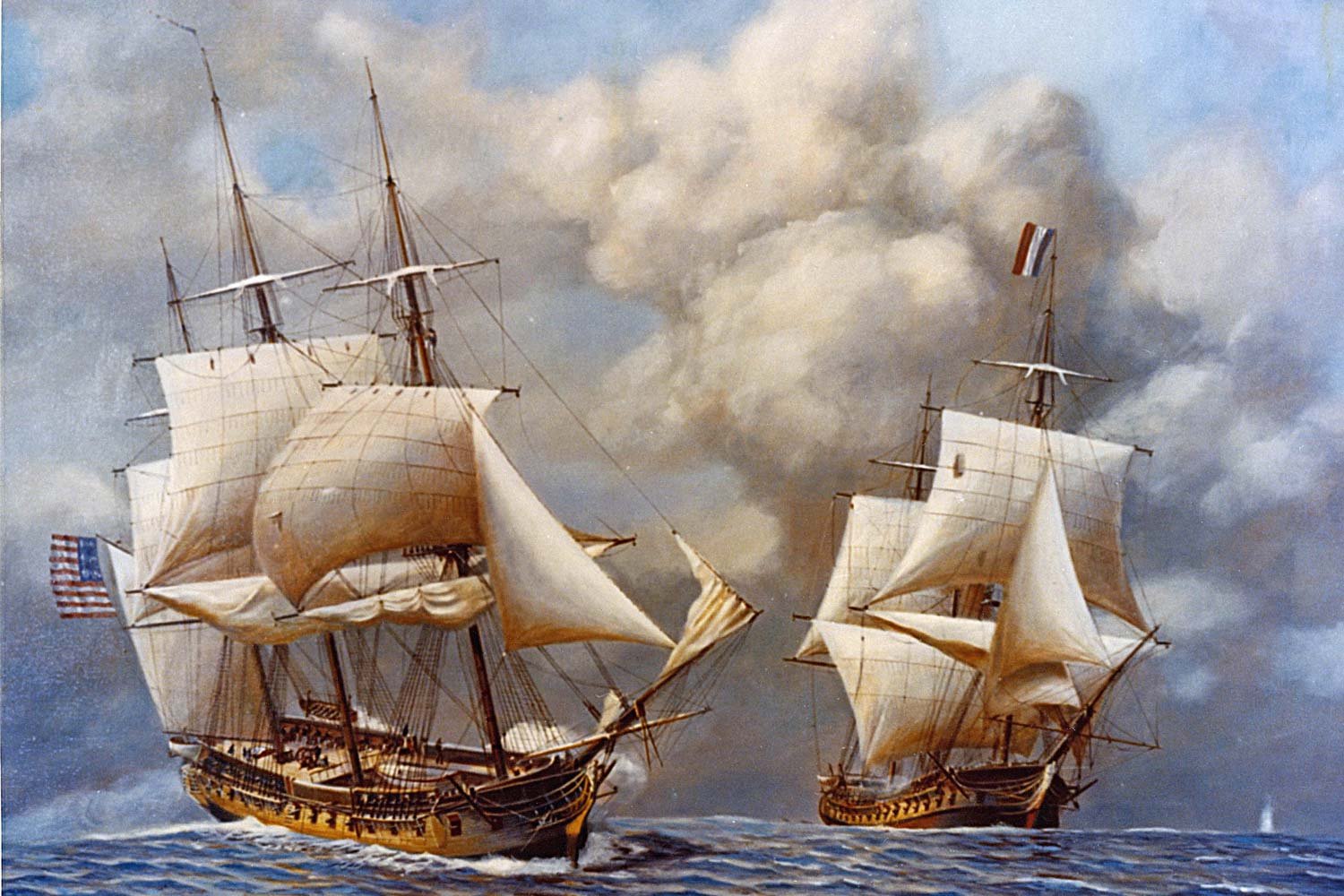
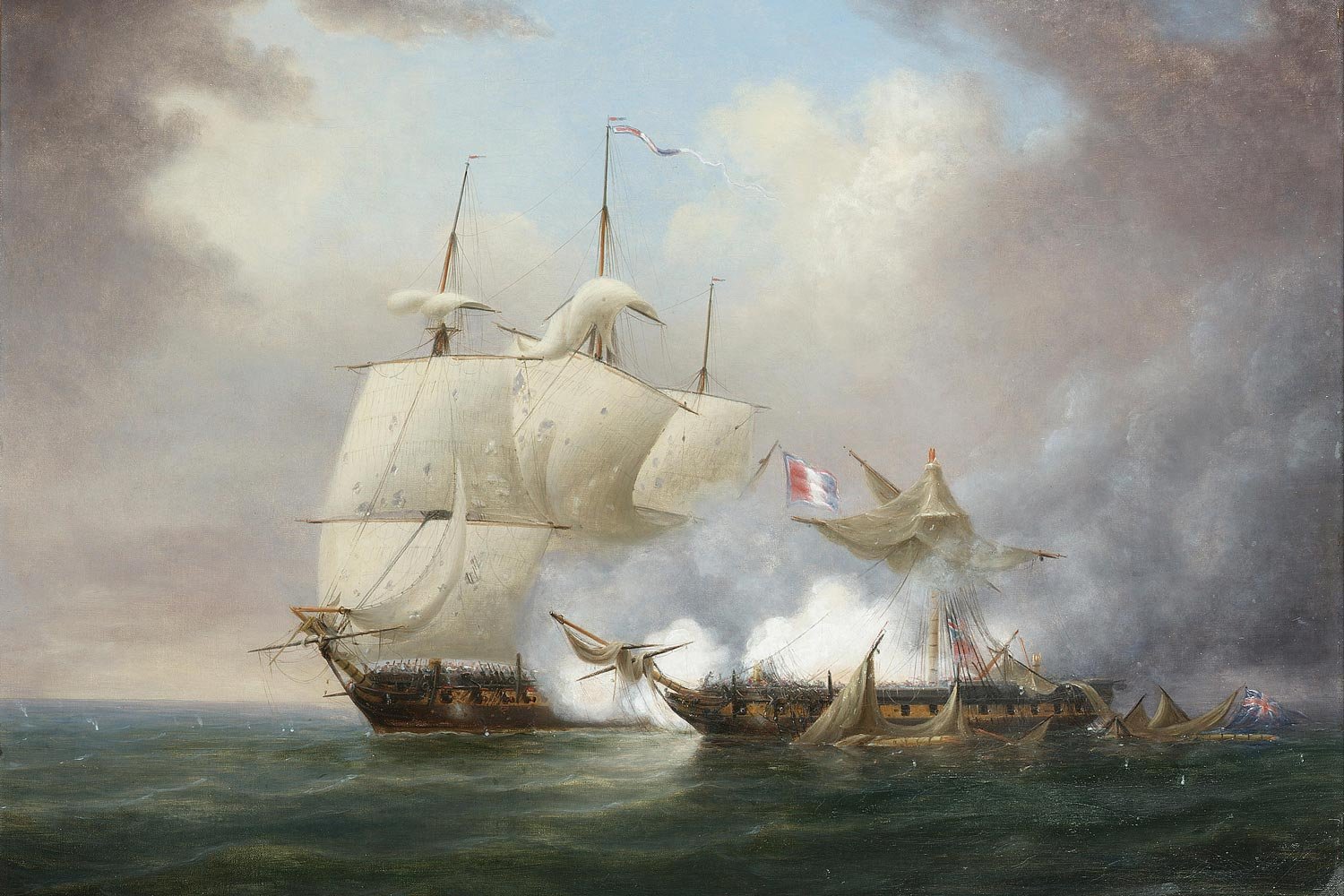
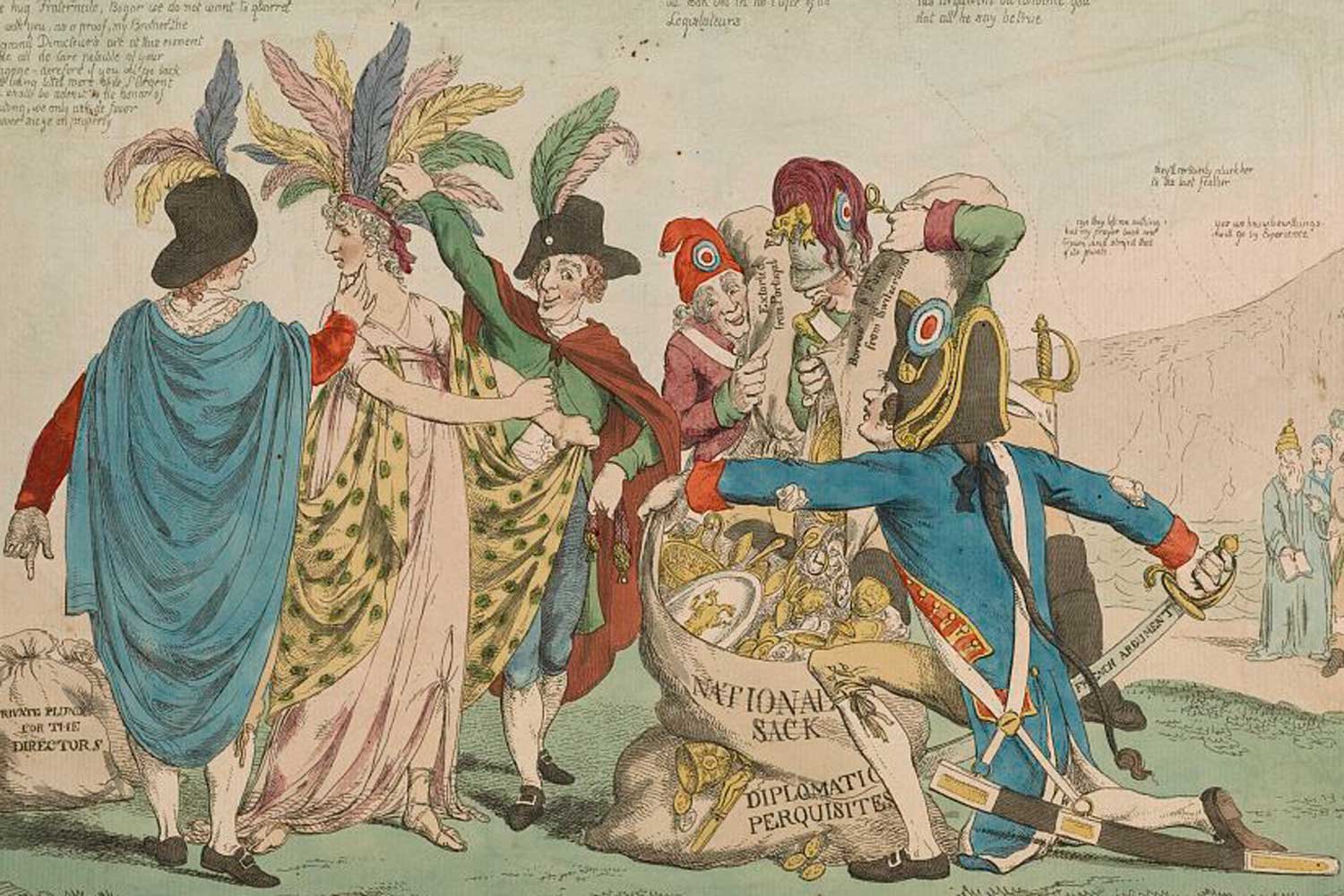
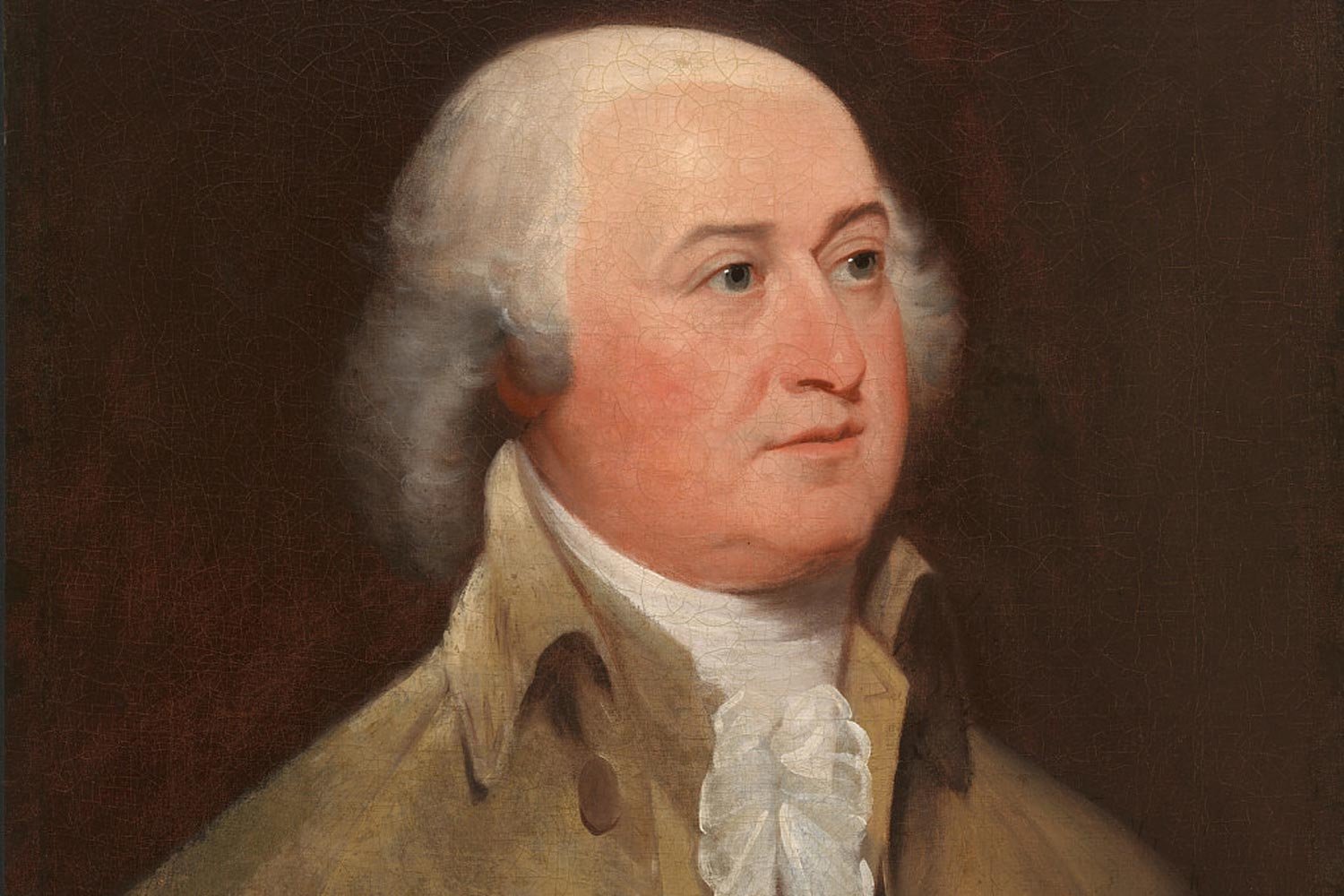
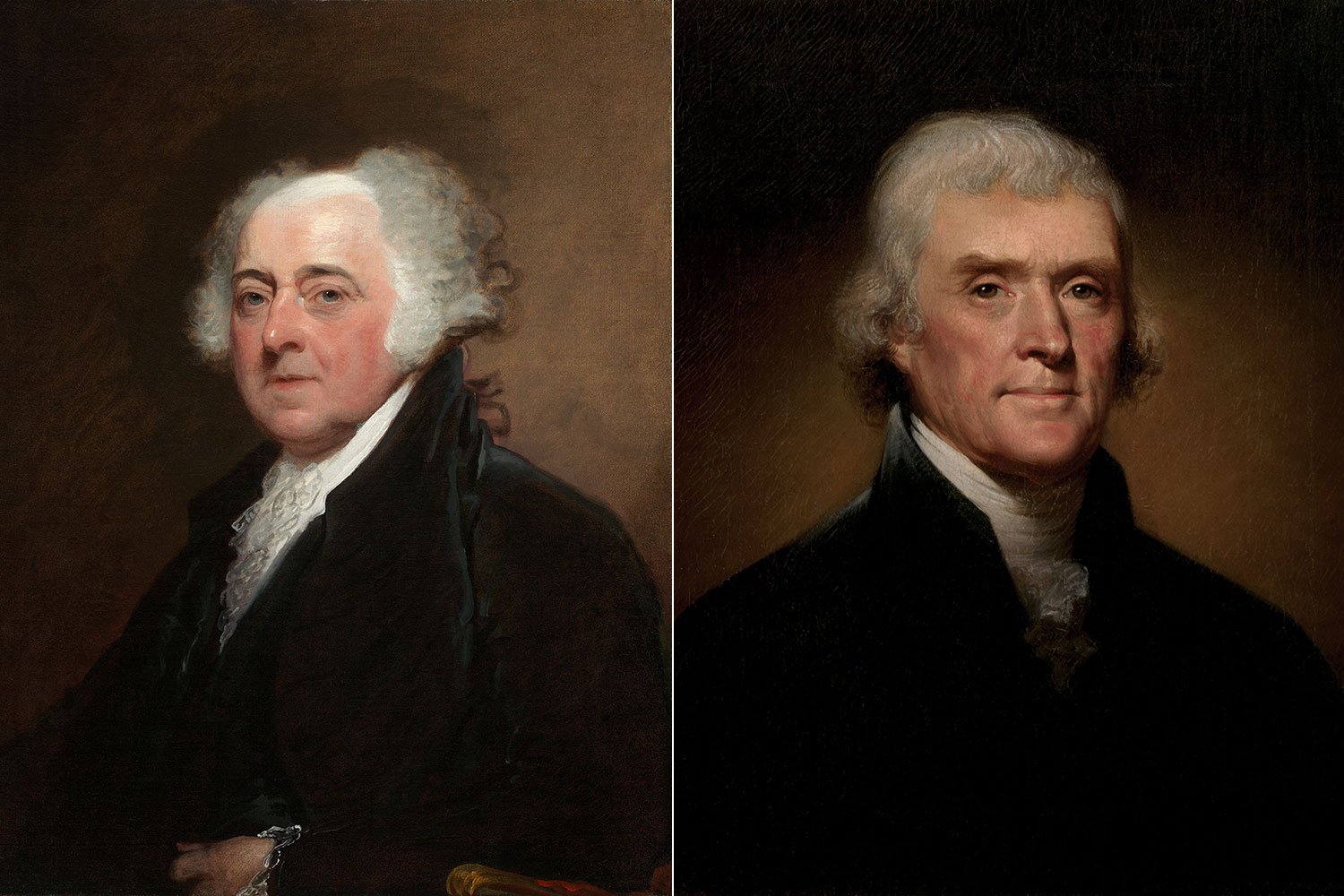
On May 15, 1776, the fifth Virginia Convention meeting in Williamsburg passed a resolution calling on their delegates at the Second Continental Congress to declare a complete separation from Great Britain. Accordingly, on June 7, Richard Henry Lee rose and introduced into Congress what has come to be known as the Lee Resolution.